Netflix and Chill Culture-Update
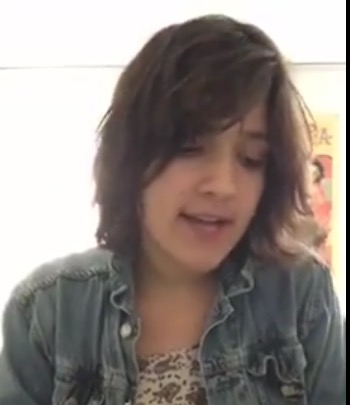
Singer/Songwriter of “Netflix and Chill,” Lulu Wiley
April 3, 2016
This year’s March Student Council assembly began in the usual fashion. Representatives from various school organizations gave updates about events, and Dr. Girouard-McCann delivered a few words; nothing seemed unusual. That is to say, until the end. When senior Lulu Wiley took the stage with a keyboard, she was introduced as playing “an original piece.” This song became the topic of some controversy and garnered a great deal of questions from students and faculty alike.
Lulu’s song was titled “Netflix and Chill Culture.” For those readers who don’t know, “Netflix and chill” has become a widely used euphemism for having intimate relations with someone, the name coming from the pretense of getting together while Netflix plays in the background. While many people would expect a song like this to contain illicit material, the online version of the song lacked any explicit lyrics.
Lulu announced at the assembly that, to her dismay, the administration censored her lyrics. Many people raised their eyebrows at this, wondering if the act of censorship was true or rather only Wiley’s perceived slight. Later that day, Wiley posted a full recording of her song on Facebook. After listening to the song several times, I had more questions than answers.
The online version of the song is a protest of the objectification of women in pop culture, with very little vulgarity. Not only is the song not explicit (the worst profanities were ‘hell’ and ‘underwear’), but it is in fact an extremely tasteful objection to the mistreatment of women.
After listening to Lulu’s song, I reached out to her for a comment to help me understand more about the incident. Following a brief discussion about the song and its subsequent censorship, Lulu explained how “rape culture is prevalent too. We decide [as a society] not to address it. I went right for it.” With regards to the censoring of her lyrics, Wiley described how she felt, “That’s just a reaction to me doing what I think is right. I kinda just have my morals and feel I have the right to do what I want. As long as I’m not hurting anyone, and I feel that people forget that.”
I feel Lulu Wiley’s censored performance at the Student Council assembly in March presented some questions that require explaining. It appeared that HHS tried to prevent Lulu’s song from being performed due to the subject matter, as opposed to the largely benign lyrics.
I spoke with Dr. Girouard-McCann for further insight, and she shed a different light on the incident. Principal McCann stated her response very clearly: “No one was more surprised than I when Lulu said ‘the administration’ had prevented her from singing! Because I had seen the program for the assembly, I knew she would be performing but I had no idea what the song was. I never saw the lyrics or discussed the song with her or anyone else before the assembly. Neither Mrs. Henriksen nor Mr. Swanson knew anything about it either.”
This is a stark contradiction to Lulu’s description of the assembly.
These contradicting statements leave even more to be desired of this already confusing event. There is talk from some students that a teacher who assisted in orchestrating the StuCo assembly told Lulu she could not perform her original piece. To the majority of people I conversed with about this topic, it was simply a case of undue censorship by the authority in the school. Others argue that the subject matter may have been too explicit for the underclassmen in the audience.
One concerning theory is that perhaps the song was cut so as not to provoke violence or hateful speech towards Wiley, another issue recently taking root in assemblies.
Whatever the rationale used in the decision of censoring Lulu Wiley’s performance, I thought a formal explanation from a teacher involved with this particular assembly would be helpful.
Towards that end, the Harborlight approached Ms. Sassorossi, who helps to organize Student Council assemblies, for a comment. She said “There seems to be a lot of confusion and false information floating around so I thought it was important to respond in order to answer some of the questions presented.”
Ms. Sassorossi clarified some information that was not available to students to understand the whole situation. She explained “It is true that the online version of Lulu’s song lacks any explicit lyrics. In fact, I think it is a lovely piece of music that really shows off Lulu’s talents. If I was given that version of the song in an appropriate time frame we would not be in this situation. However, I was not given that version of the song. I was given a version with different lyrics that all parties involved have agreed were inappropriate for the STUCO assembly.”
Ms. Sassorossi’s explanation certainly clarifies why Lulu’s song was omitted from the assembly program. Teachers are responsible for ensuring all school presented material is appropriate and in support of our school’s mission statement.
Ms. Sassorossi continued “The night before the assembly I was under the impression Lulu would be playing another song I approved. Unfortunately the morning of the assembly I was shown a cleaner version of the ‘Netflix and Chill Culture’ song which was too late to be approved.”
Because assemblies are timed to fit a program that also coincides with the already set bell schedule, having any new material presented just before the assembly is not feasible.
Ms. Sassorossi happily added that “Since the assembly everyone involved has met and moved past the incident. This was a learning experience for everyone involved.”
The Harborlight appreciates Lulu, Dr. Girouard McCann, and Ms. Sassorossi taking the time to speak with us on this issue. Learning about all sides of the event helps remind students that there is often more to a story than meets the eye or greets the ear in the hallways. It is always important to go to the source of information before making judgment that may be based on only part of the story.
Hopefully this event will lead to more original works from inspired artists like Lulu Wiley and more discussion about proper student expression during assemblies-a topic that HHS has taken some heat for recently.











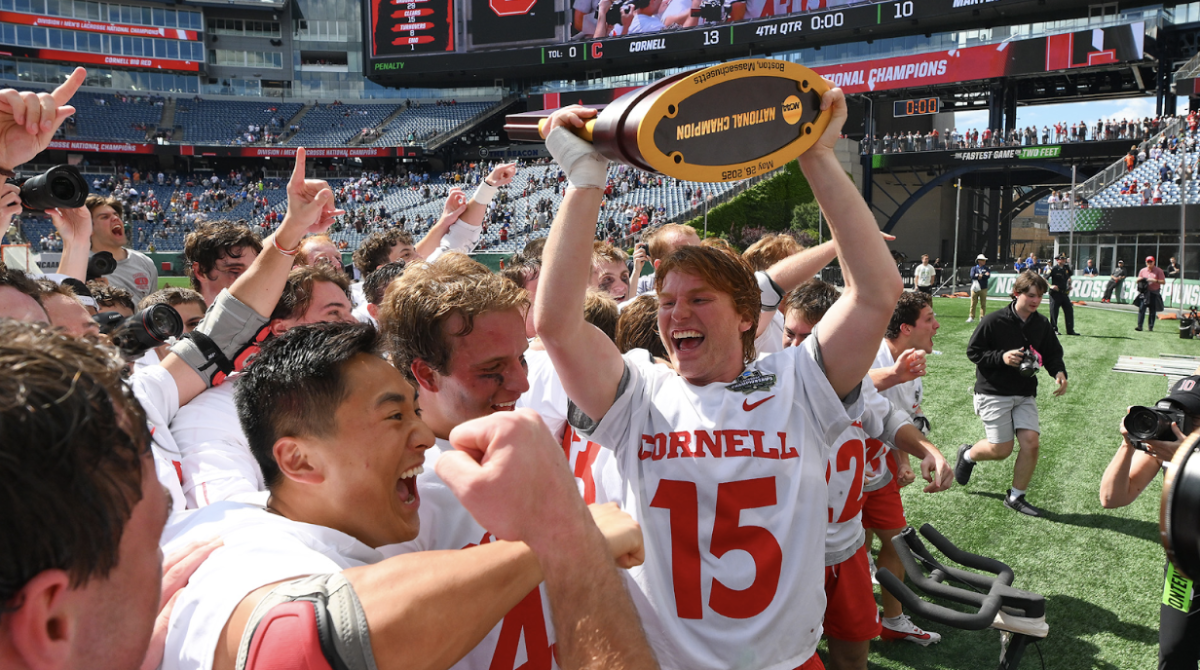

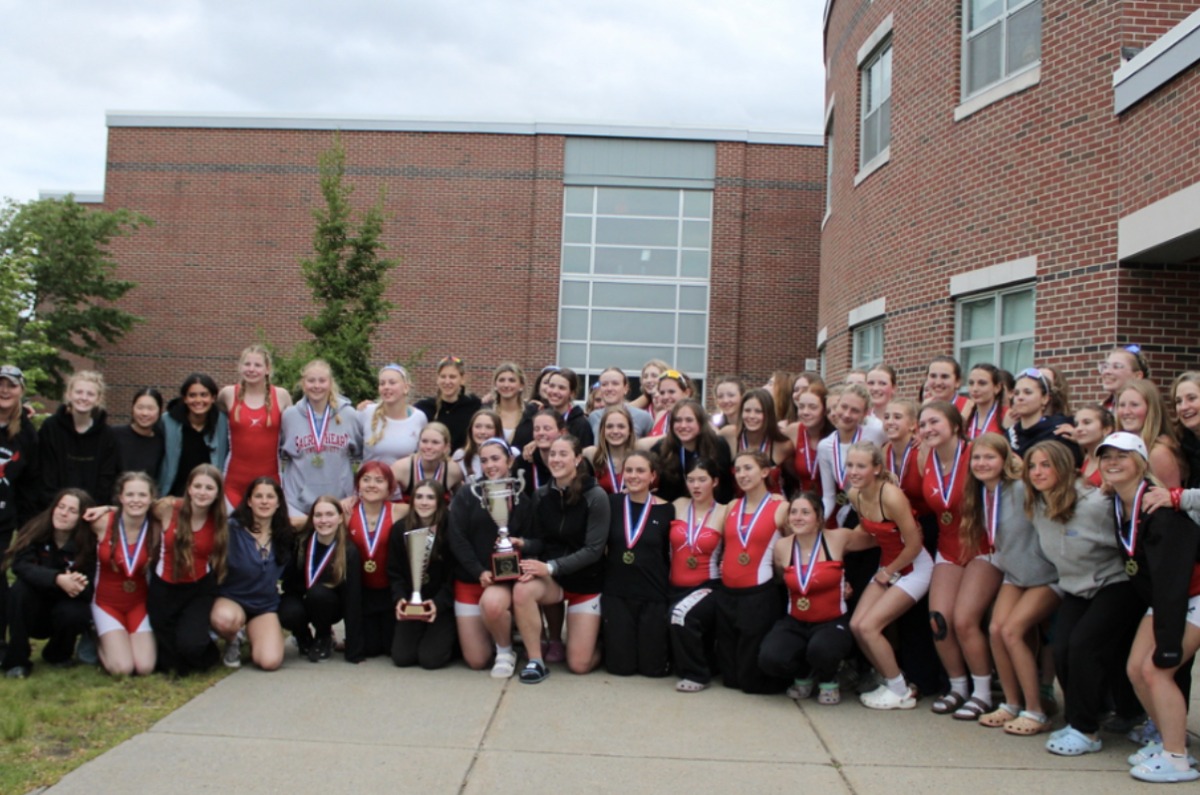



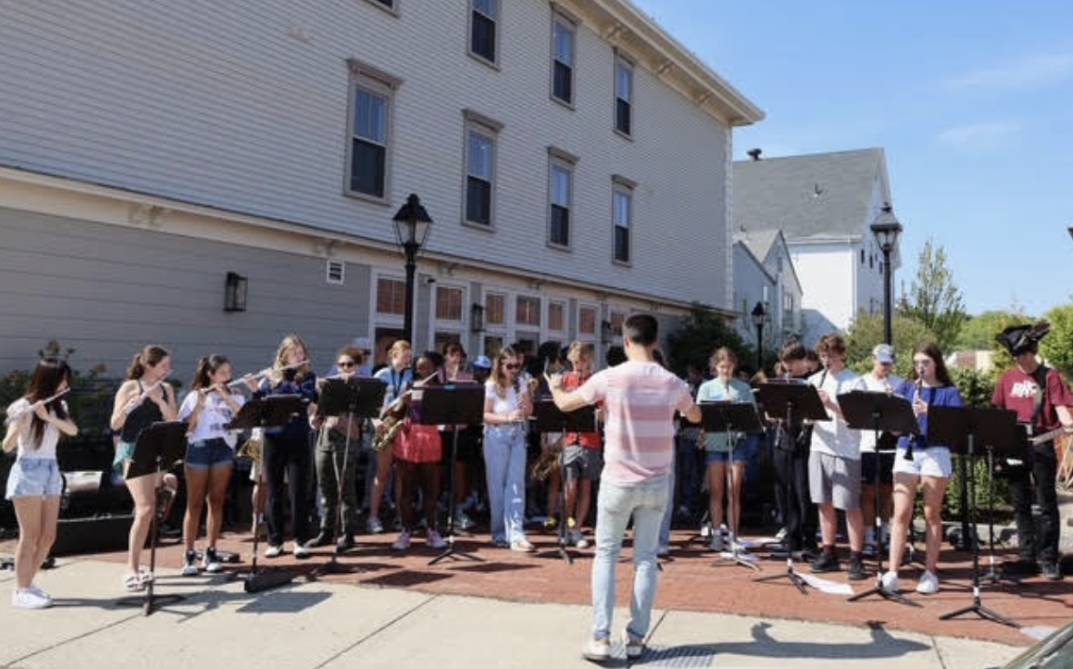
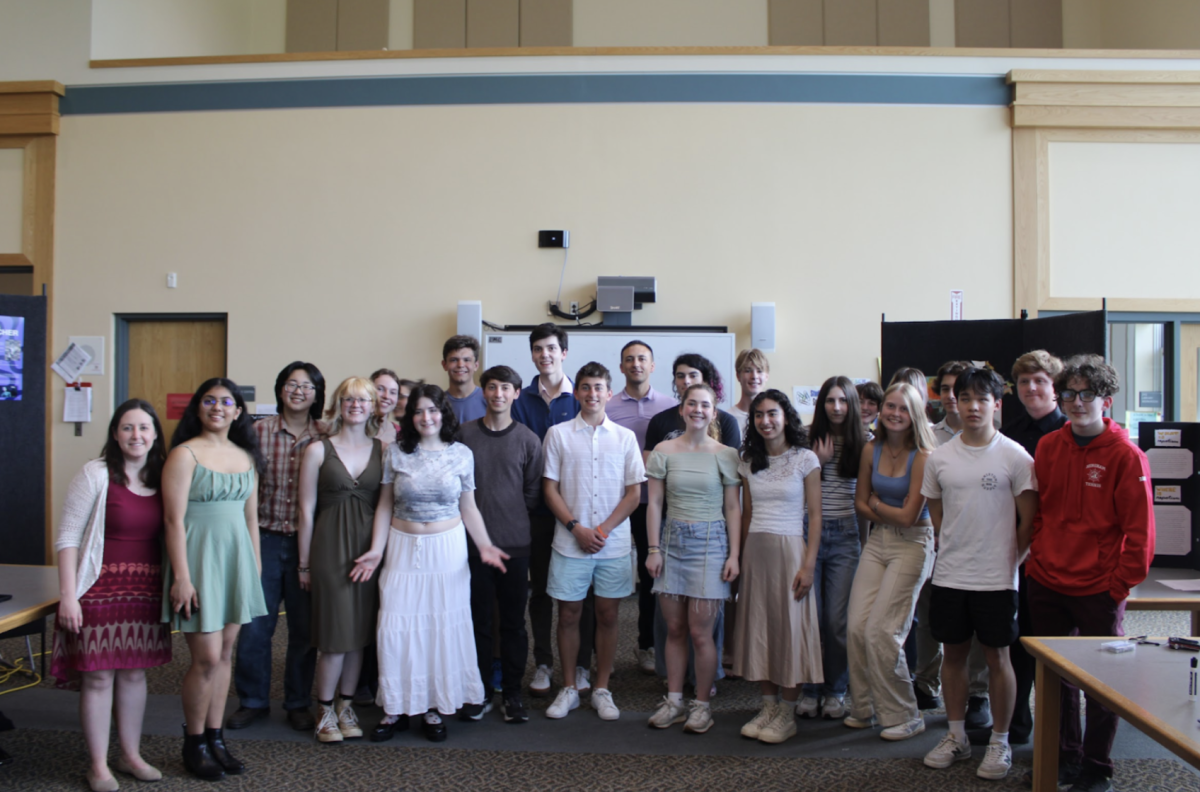



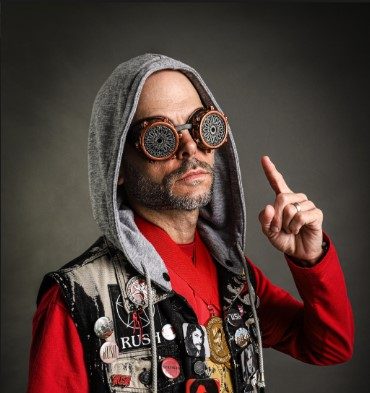
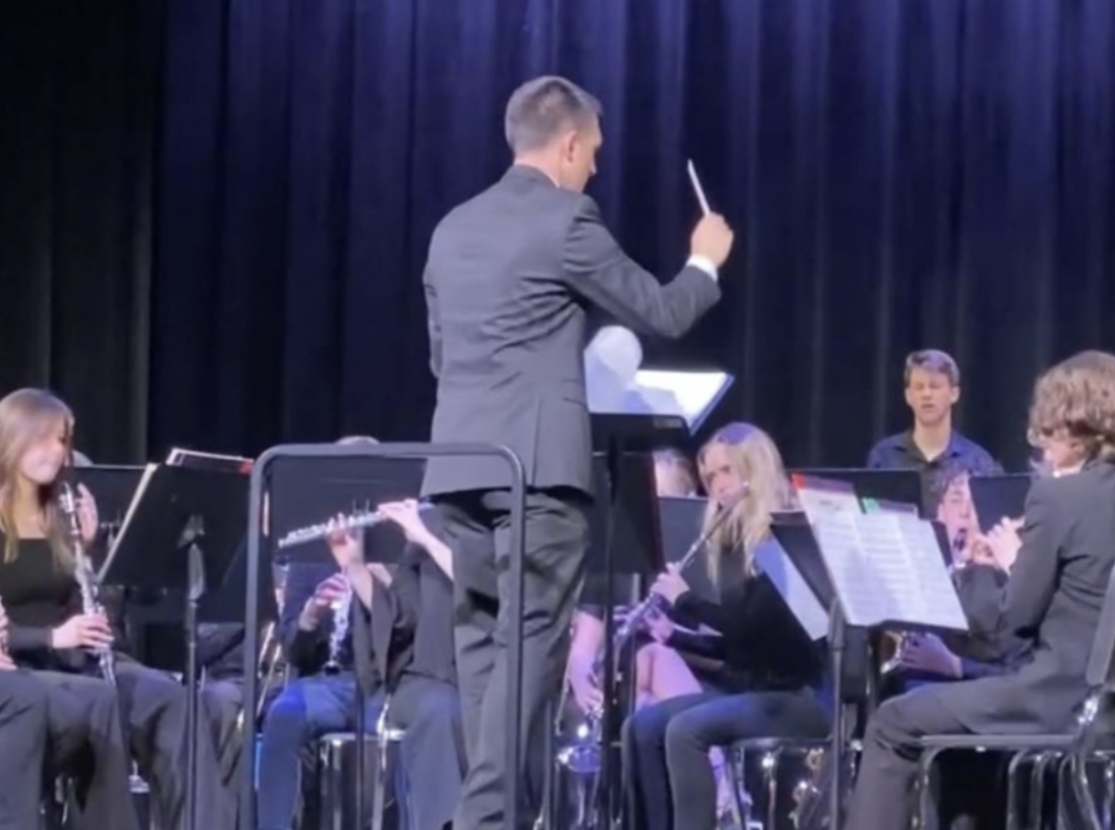





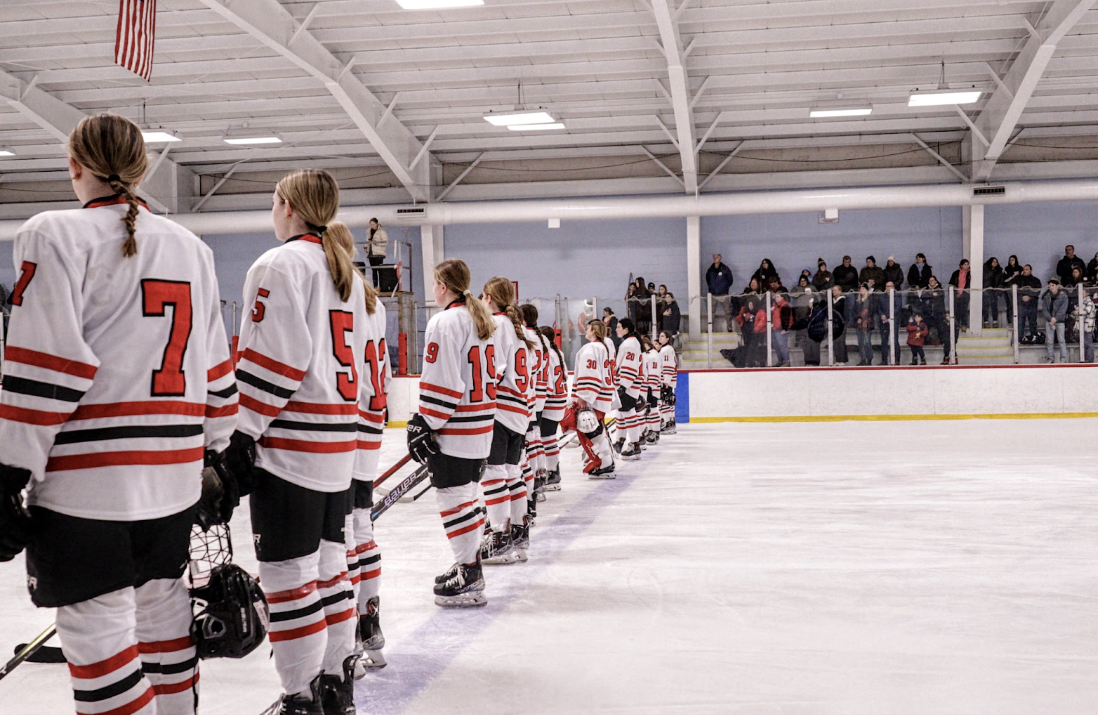



Gabrielle Martin • May 16, 2016 at 8:28 am
Following Lulu’s performance, there were a lot of rumors going around about what had happened, so I am glad that this addresses them and states the truth. I also loved the song!